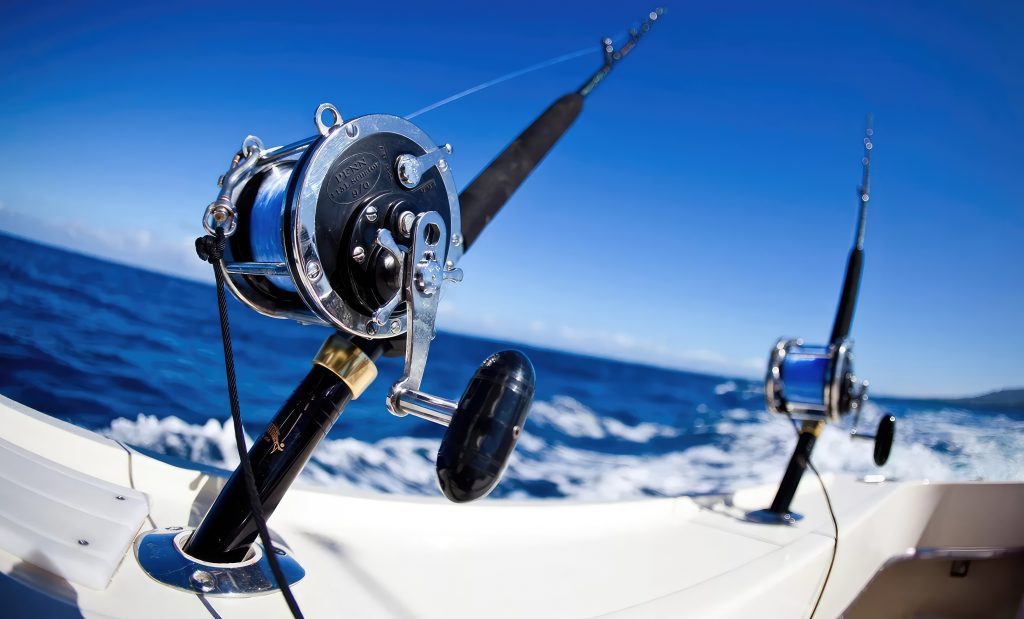Fishing is one of the most popular pastimes in the world. From peaceful freshwater streams to the deep blue sea, there are countless fishing spots to explore. However, different fishing environments require different gear, and one of the most fundamental distinctions is between saltwater and freshwater fishing gear.
While many people assume that all fishing gear is created equal, that is not the case. Saltwater fishing requires specialized equipment that is designed to withstand the harsh marine environment, while freshwater gear is typically more lightweight and designed for smaller fish. In this article, we’ll explore the differences between saltwater and freshwater fishing gear, so you can choose the right gear for your next fishing adventure.
Rods
One of the most significant differences between saltwater and freshwater fishing gear is the type of rod you need. Saltwater rods are generally longer and thicker, with a more robust backbone, and they are designed to handle the weight and strength of larger saltwater fish. In contrast, freshwater rods are often shorter and more flexible, making them ideal for smaller fish.
Reels
Just like rods, reels also differ between saltwater and freshwater fishing gear. Saltwater reels are built to withstand the harsh marine environment and are designed to handle larger and stronger fish. They are also more durable and typically have a higher line capacity than freshwater reels. Freshwater reels, on the other hand, are generally smaller, lighter, and easier to handle. They are also less expensive than their saltwater counterparts.
Lines
Saltwater fishing requires specialized lines that are designed to withstand the corrosive effects of saltwater. These lines are typically made of braided or fused materials and have a higher breaking strength than freshwater lines. Freshwater lines, on the other hand, are thinner and more flexible, making them ideal for smaller fish and more delicate presentations.
Lures
Saltwater lures are typically larger and heavier than freshwater lures and are designed to mimic the natural prey of larger saltwater fish. They are also more durable, as they need to withstand the harsh marine environment. Freshwater lures, on the other hand, are often smaller and more lightweight, making them easier to cast and retrieve.
Hooks
Hooks are another area where saltwater and freshwater fishing gear differ. Saltwater hooks are generally larger and stronger, with a thicker gauge and a corrosion-resistant coating. They are designed to handle the strength of larger saltwater fish and the harsh marine environment. Freshwater hooks, on the other hand, are typically smaller and thinner, making them ideal for smaller fish.
Other Considerations
In addition to the differences listed above, there are several other factors to consider when choosing saltwater or freshwater fishing gear. These include the type of fish you are targeting, the location where you will be fishing, and the techniques you will be using.
For example, if you plan to fish in shallow waters, you may want to use a more lightweight and flexible rod and reel combination. If you plan to fish for larger and stronger fish in deep water, you will need a heavier rod and reel with a higher line capacity.
Conclusion
In summary, saltwater and freshwater fishing gear are designed for different environments and different types of fish. Understanding the differences between these two types of gear is essential to choosing the right gear for your needs. By considering factors like rod and reel design, line strength, lure size, hook strength, and other considerations, you can select the best gear for your next fishing adventure. So, whether you’re planning a peaceful day on a freshwater stream or a deep-sea fishing expedition, be sure to choose the right gear for the job.

